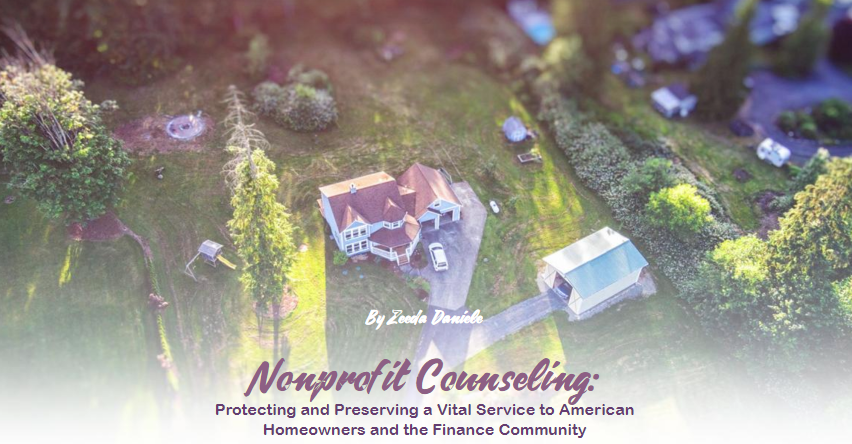 As I look back on my twenty-five-year career in corporate America, I am struck by and struggle with the Diversity & Inclusion (“D&I”) and employee engagement mantra to “bring your whole self to work.” That might surprise you if you know me: I started my career working on D&I, and have worked on D&I inside and outside the workplace ever since. Some may even consider me a champion of D&I. But it is my passion for D&I that brings me to the conclusion that it is time to break the “bring your whole self to work” myth.
As I look back on my twenty-five-year career in corporate America, I am struck by and struggle with the Diversity & Inclusion (“D&I”) and employee engagement mantra to “bring your whole self to work.” That might surprise you if you know me: I started my career working on D&I, and have worked on D&I inside and outside the workplace ever since. Some may even consider me a champion of D&I. But it is my passion for D&I that brings me to the conclusion that it is time to break the “bring your whole self to work” myth.
The idea behind this mantra is simple: if employees bring their whole selves to work, they will feel better about the workplace, and by extension be happier and more productive employees (and human beings). That sounds good on paper. The problem is this: you shouldn’t bring your whole self to work if that means behaving badly. Or said differently, you should bring your best whole work self to work, not your “whole self.”
Continue reading

 Login
Login



















 Diversity and inclusion (D&I) continues to be a priority in the corporate world, especially in the housing ecosystem. To increase opportunities for women, some have advocated legislative action. One example is California’s potential SB 826 bill, a law that would require the state’s largest public companies to have at least one woman on their board by the end of 2019. While such policy action may be perceived as long overdue, enforcing quotas is not an all-encompassing solution to the lack of diversity in companies’ executive positions.
Diversity and inclusion (D&I) continues to be a priority in the corporate world, especially in the housing ecosystem. To increase opportunities for women, some have advocated legislative action. One example is California’s potential SB 826 bill, a law that would require the state’s largest public companies to have at least one woman on their board by the end of 2019. While such policy action may be perceived as long overdue, enforcing quotas is not an all-encompassing solution to the lack of diversity in companies’ executive positions.
